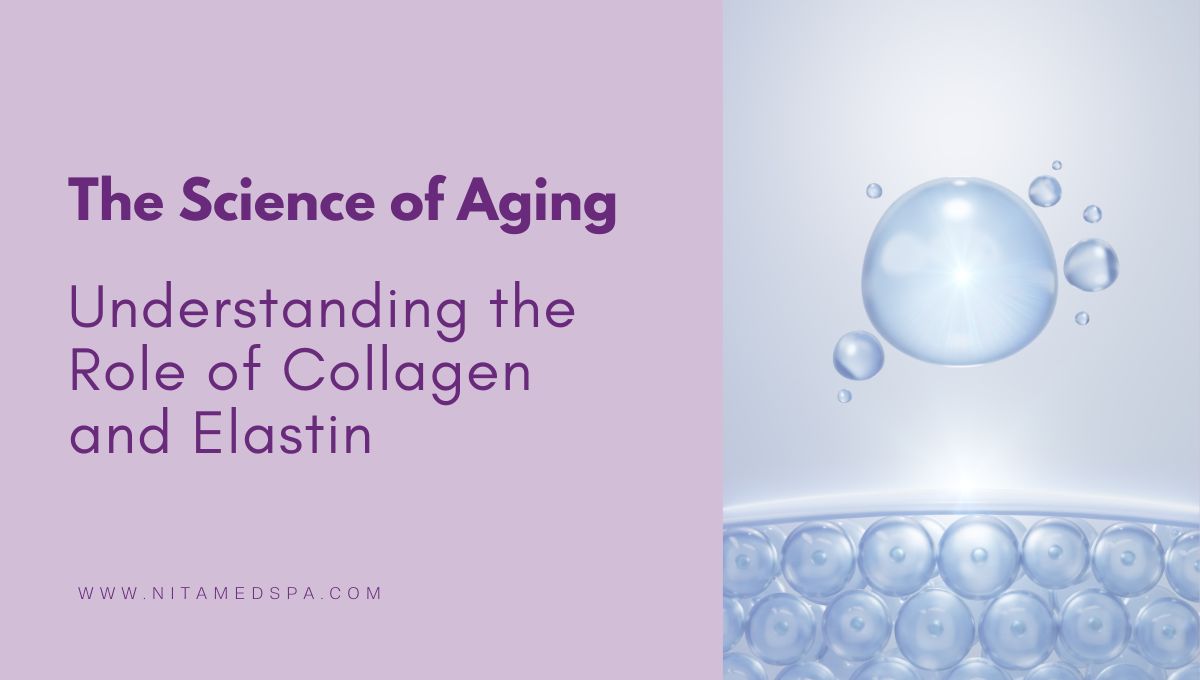Our skin is more than just what we see and realize. It’s a protective barrier for our internal organs. The skin prevents dehydration by keeping all fluids inside and it also stops dangerous microbes from entering the body. More importantly, your skin is how you feel every sensation, from cold, hot, wet, and dry to just about everything.
Factors Affecting Skin Health
For performing so many crucial functions and being the largest organ of the body, you need to take special care of your skin’s health. But the problem is, skin issues like acne, redness, fine lines, wrinkles, and dry patches are pretty common, and the factors that affect skin health include:
Lack Of Nutrition
Processed and packaged foods don’t contain the essential nutrition we need for cell repair and collagen production. As we consume more and more of these foods, they take a toll on our skin. Eventually, skin gets dry, and dull and starts showing signs of poor nutrition.
Sun Exposure
UV rays are extremely harmful to your skin. Itching, redness, dark spots, cell damage, sunburn, and several other skin issues can appear when your skin is exposed to the sun for the long term.
Pollution
With all the harmful chemicals, pollution can damage your skin pretty quickly. Skin inflammation, aging signs, and lack of elasticity are all signs of skin exposure to pollution.
Stress
Stress can cause your skin to produce more sebum. This overproduction of sebum consequently allows the spread of germs and room for more breakouts.
Poor Sleep
Your skin needs adequate sleep to repair and rejuvenate. When you don’t get enough sleep, your skin starts showing signs of dullness, aging, and restlessness.
Can Omega-3 Fatty Acids Nourish Your Skin?
Well, you must have heard about the significance of these polyunsaturated fatty acids for brain and heart health but as it turns out, they are equally beneficial for skin health.
With its anti-inflammatory and healing properties, Omega-3 helps with skin inflammation, redness, swelling, irritation, and treating issues like eczema, dermatitis, and dryness. Not only that, Omega-3 helps in repairing sun damage and is used as a preventive supplement for several potential disorders including allergies, cancer, and melanogenesis.
Benefits Of Omega-3 For The Skin
Repairs Dry/Dehydrated Skin
Omega-3 serves as a protective barrier that keeps the moisture locked in the skin even when the climate is dry and dehydrating. It helps in keeping the skin healthy with optimal moisture levels.
Cell Renewal/Damage Repair From Sun Exposure
Sunbathing has become an obsession and no matter how much we like that tan, it’s certainly not healthy.
UV rays can cause liver spots, and Actinic Keratosis, a skin condition where you get rough scaly patches, and itching. This ultimately damages your skin cells. Omega-3 not only repairs those cells but also helps with cell regeneration. These fatty acids have strong restorative properties and they help the skin with fighting inflammation and irritation caused by UV rays.
Fights Aging Signs
By strengthening the outer membrane of the epidermis, Omega-3 ensures that the nutrients are locked in the skin while flushing out the waste products from the skin. Moreover, Omega-3 enhances the skin cells’ ability to retain moisture and elasticity. When the skin stays hydrated, you can notice a visible reduction in the appearance of wrinkles and fine lines.
Helps With Acne Control
Omega-3 fights acne by regulating hormones and limiting testosterone release which is responsible for the overproduction of sebum.
Since it fights inflammation, Omega-3 inhibits acne and eliminates toxins from the ones that are already formed.
As we all know our skin goes through a lot and over time it starts losing its elasticity and shine, it’s crucial to focus on the right type of nutrition. To keep your skin healthy and nourished, don’t forget to include Omega-3 fatty acids into your diet.
To check out our specials, hit the link below or book an appointment with us today!













